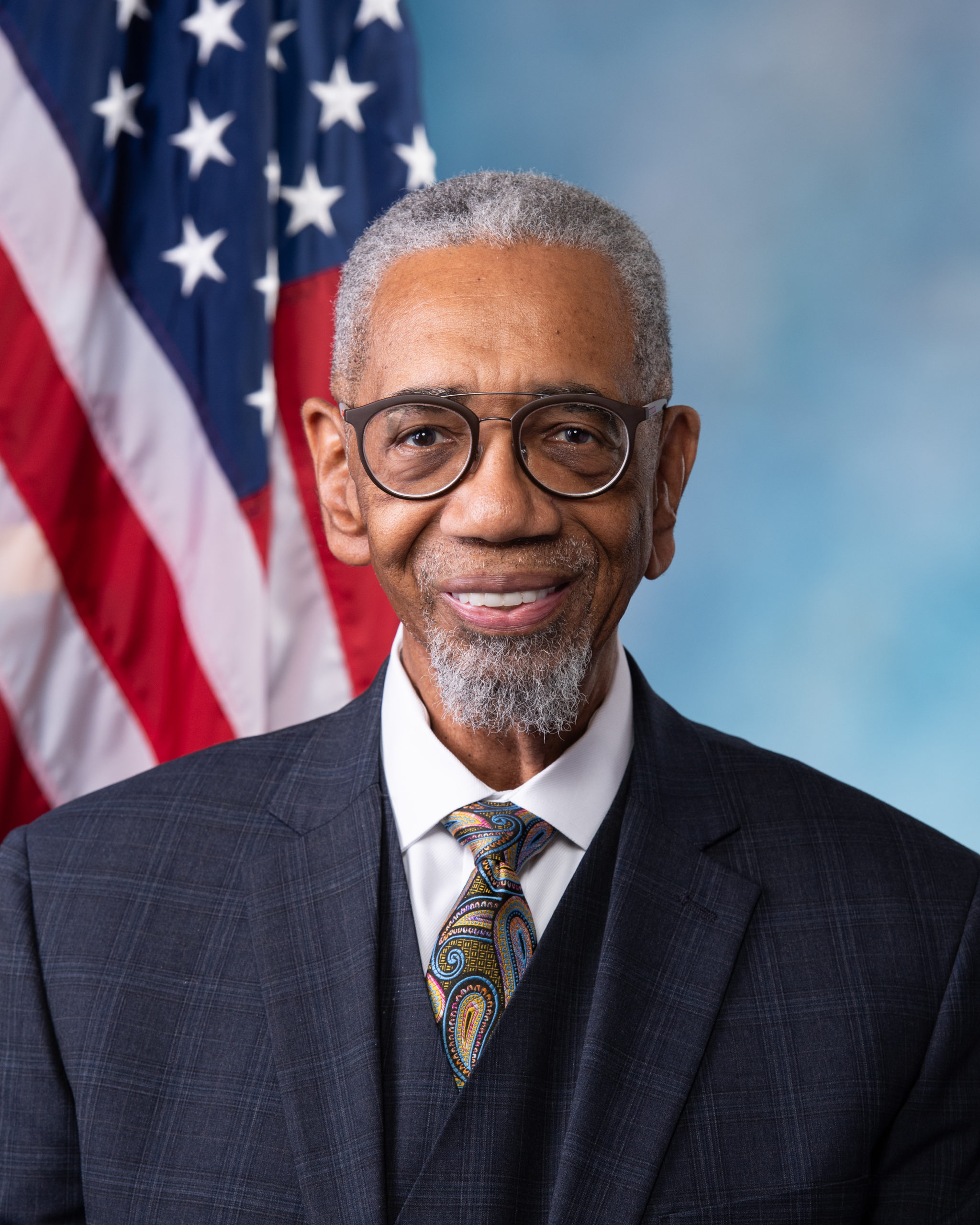During a January 19, 2022, Energy Subcommittee hearing on his legislation to enhance pipeline reliability, U.S. Representative Bobby L. Rush (D-Ill.), Chair of the House Committee on Energy and Commerce’s Energy Subcommittee, questioned Federal Energy Regulatory Commission (FERC) Chairman Richard Glick about how the current lack of mandatory reliability standards for the natural gas pipeline industry threatens everyday Americans’ ability to keep the lights on in their home.
“Chairman Glick, could you elaborate for us on the threat that a lack of mandatory reliability standards for the natural gas pipeline industry poses to the reliability of the bulk power system — or in other words, how the current lack of standards threatens everyday Americans’ ability to keep the lights on in their home?” Rush asked, pointing out that the recent FERC-NERC joint staff report on the impacts of Winter Storm Uri was the second time in a decade that FERC and NERC have had to issue a joint report on the impacts of winter weather and blackouts in Texas.
Rush’s recently-introduced Energy Product Reliability Act (H.R. 6084) would direct the Federal Energy Regulatory Commission (FERC) to create a new, stakeholder-driven entity responsible for developing energy pipeline reliability and cybersecurity standards.
“I think the best example may again be what happened last February in Texas with regard to winter storm Uri,” Glick responded. “And recall, we had FERC staff and NERC staff engaged in a joint inquiry, and essentially, there were two major conclusions as to what the causes were for the loss of so much generator capacity — we lost about 35,000 megawatts of electric generation capacity in Texas, which is a very significant amount. One of the causes was the fact that the electric generation plants were not sufficiently weatherized. And a lot of the parts froze, it got very cold… parts froze and just weren’t operable and those plants had to shut down.”
“But the other major cause was the fact that over 50 percent of the electric generation in Texas was — is — fueled by natural gas,” Glick continued. “And in large part because either the gas production was reduced because some of the gas processing and production facilities froze, but also because those gas facilities lost electric supply… they had to shut down and they weren’t able to provide additional gas. And so, it was essentially a never-ending circle of problems… I think the issue is — and I think the joint inquiry said this best — that we need to have a system where we ensure reliable sources of fuel for electric generation. And that particularly includes natural gas.”
Rush, who has been a longtime champion of minority representation in the energy sector, also questioned U.S. Department of Energy (DOE) Deputy Secretary David Turk at the hearing on what steps the Department has taken to increase minority employment.
“Deputy Secretary Turk, one of my goals as Chair of this Subcommittee has been to push for greater minority employment and representation in the energy and energy-related industries” Rush said. “A study by the International Information System Security Certification Consortium found that only nine percent of workers in the cybersecurity industry were African American. Given the DOE’s focus on cybersecurity and the Biden Administration’s policy to cultivate a Federal workforce that draws from the full diversity of the nation, what steps has DOE taken to increase minority employment in its cybersecurity roles?”
“Thank you Mr. Chairman, not only for the question, but for your leadership on this incredibly important issue. And this is a top priority that we share at the Department of Energy,” Turk replied. “The nine percent figure that you highlight is just not good enough. We need to do more, we can do more, we should do more, and frankly, we’re going to be more successful on cybersecurity if we do more hiring from the full range of our American talents.”
“So, we’re doing an awful lot,” Turk continued. “Let me give you one particular example. We ran a 2021 DOE CyberForce competition and invited 21 minority-serving institutions to be fundamentally a part of that, so we can attract more top talent to be part of the cybersecurity solutions going forward.”
A livestream of today’s hearing is available HERE.
A full transcript of Rep. Rush’s Q&A with Glick and Turk is available HERE.
Rep. Rush’s opening remarks from today’s hearing are available HERE.
The text of Rep. Rush’s Energy Product Reliability Act is available HERE.






